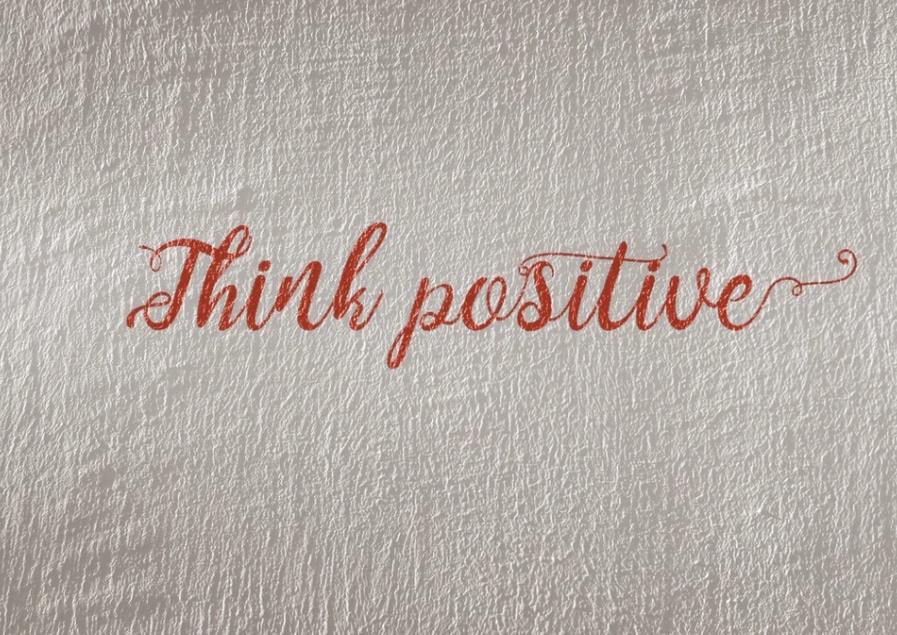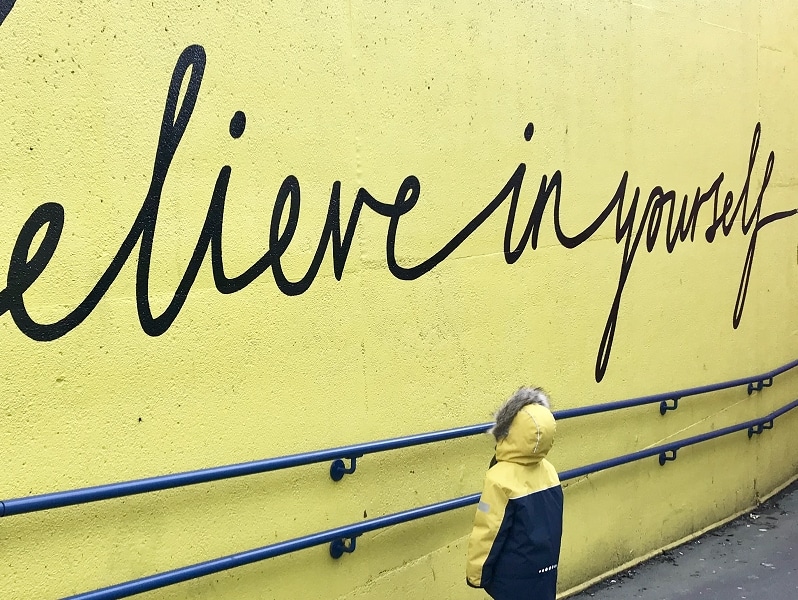Often in life, it may seem like happiness is beyond our control. And sometimes it is. When we lose a job or a loved one. When negative circumstances are out of our control or out of the blue, it’s natural to be brought down by them. But our baseline happiness, and our continuing resilience to such things, is dependent on us and how we view things.
In essence, the lion’s share of our happiness is dependent on perspective. If we broke our arm it would be difficult not to be upset initially, but the months that follow could be made better or worse depending on how we choose to cope. It depends on what our attitude going forward would be.
How can one simply change their attitude, though? It’s not as easy as flipping a switch, of course. But in this article we’ll explore some ways you can shift your attitude through practice and active, positive change. In turn, breeding resilience and allowing more room for happiness. How handy.
Research on positive outlooks and happiness
In 2005 Gian Vittorio Caprara and Patrizia Steca published research into positive self-belief and efficacy, and its effect on subjective happiness and wellbeing.
It showed that those who harbored positive psychology – positive thinking, self-belief, self-worth – indeed cultivated a better quality of life, from improved social relationships and intellectual capacities to physical and psychological well-being.

“Life is what you make of it”
This is a good example of life being what you make it, and of positivity breeding positivity.
Many of us don’t need studies to show us this, we already know it to be true. If you go to a job interview with a positive attitude and the belief you will get it, you are much more likely to. We can understand this instinctively. The trick is being able to conjure said positive attitude, particularly when it’s not our usual default.
Training the brain to improve attitude
There are various ways in which default thought patterns can be changed, negative ones broken and remade.
Our emotional state is dependent on our thoughts and vice versa. The emotional, unconscious mind will basically believe the dialogue or scenarios running through our heads. This is why anxiety over a situation that has not happened yet will still cause a state of physical and emotional stress.
It’s also why we can wake up distressed, sweating and jumping from a nightmare, from something that wasn’t real.
Can we control our emotions?
We can’t control emotional states directly, but we can actively change our thoughts. This requires practice and patience and is not as clear cut as training our physical bodies at the gym, but the result can be a genuine change in attitude and then happiness.
For this very reason, many people practice positive visualization. If you put active effort into imagining and describing something in a positive way, you ultimately improve your disposition and make it more likely to feel that way. It can be good practice for scenarios that you are worried or stressed about and automatically visualize negatively, thereby perpetuating stress cycles.
It’s like digging a new route for the river to flow – the river being your thoughts – it takes some doing, but once you’ve dug enough, the river will flow naturally in the desired direction.
Practicing positive thought processes over negative ones, over time changes the natural pathways your thought trains take. It’s like digging a new route for the river to flow – the river being your thoughts – it takes some doing, but once you’ve dug enough, the river will flow naturally in the desired direction.
Reacting to our emotions
Other therapeutic practices work in some ways around this same premise. Cognitive-behavioral therapy, gratitude, self-love and mindfulness are just a few. They all rely on active practice to begin to shift our natural attitude for the better.
Meditation is another popular way people regulate their moods, decrease stress and cultivate a more positive attitude. Numerous studies have shown the positive effects of mediation, and how those who practice meditation have an improved outlook, and as a result greater self-satisfaction and happiness.

Meditation teaches awareness of thoughts, and the ability to then let them go and not be overrun by a stream of them, not follow them doggedly. This very useful technique is then applicable to all bouts of incessant negative thoughts, which may come with emotional responses to certain things and further perpetuate emotional responses themselves.
In a way, all this direct work on the mind is a form of mindfulness; an increased awareness of our own mind.
This is the first step in any attempt to master our mind (and by extension our emotions) rather than be mastered by it.
So if you wish to change your attitude directly, here are some reminders and other examples of mindful practices to explore:
- Positive visualization
- Gratitude
- Self-love practice and affirmations
- CBT
- Meditation and mindfulness
- Hypnotherapy
- Psychotherapy
More ways to shift your attitude
Changing our thoughts directly through active practice is not the only way we can change our attitude. Indeed, the same study by Gian Vittorio Caprara and Patrizia Steca stated that not only did positive efficacy beliefs contribute to improved social relationships, but that the reverse was also true. Positive social relationships and interaction also contribute to wellbeing, improved self-esteem and efficacy.
Get social
Social and creative activity has been shown to improve mood, and even physical health. An absence or diminished sense of these can lead to feelings of isolation and lowered self-esteem.
Improved emotional states can be gained through social interactions and creative pursuit.
We can understand, then, that engaging with social and creative endeavors will automatically change our attitudes for the better. In this way, improved emotional states can be gained through social interactions and creative pursuit, likely to then increase positive thinking and happiness.
Get physical
Physical activity is yet another option for changing our mental states for the better, without changing our thinking directly. It has been used as an effective treatment for depression, resulting in increased mood and physical wellbeing (improved physical wellbeing itself improving mood, too!).

If tackling your thoughts and attitudes directly, perhaps ‘faking it until you make it‘, doesn’t resonate with you, there are numerous other ways to turn a proverbial frown upside down.
Whether it’s:
- Positive social interaction and relationships
- Pursuing creative or intellectually stimulating endeavors
- Engaging with a chosen form of physical exercise
All can definitively contribute to an overall improvement in attitude, which will in turn create more positive thinking and emotions (happiness) and feed off itself in a cycle. It’s a simple matter of tailoring each category to your ideal version.
Determining what you need to change your attitude
Any of the options mentioned are a possibility for changing attitudes towards life circumstances for the better, sometimes we just need to find a way to engage with the need that works for us. It’s also entirely possible, even advisable to engage with multiple. Playing badminton blends two needs together, for example: exercise and social interaction. Painting can be a mixture of creativity and mindfulness etc.
Sometimes we might already be meeting certain needs but no others. If we are already excelling in our social pursuits, but a negative attitude is still affecting our happiness, it might be time to explore what other facets aren’t being attended to. Perhaps direct mindful practices or physical exercise need to be picked up in order to improve our mood.
Closing words
Overall, we have seen that happiness does indeed depend on our attitude, and that it is entirely possible to change our attitude through a number of means. As with all things, it’s a matter of determining what means will work for us.


It is nice
There is so much to learn
This is useful for my English activity
Thank you 🤗